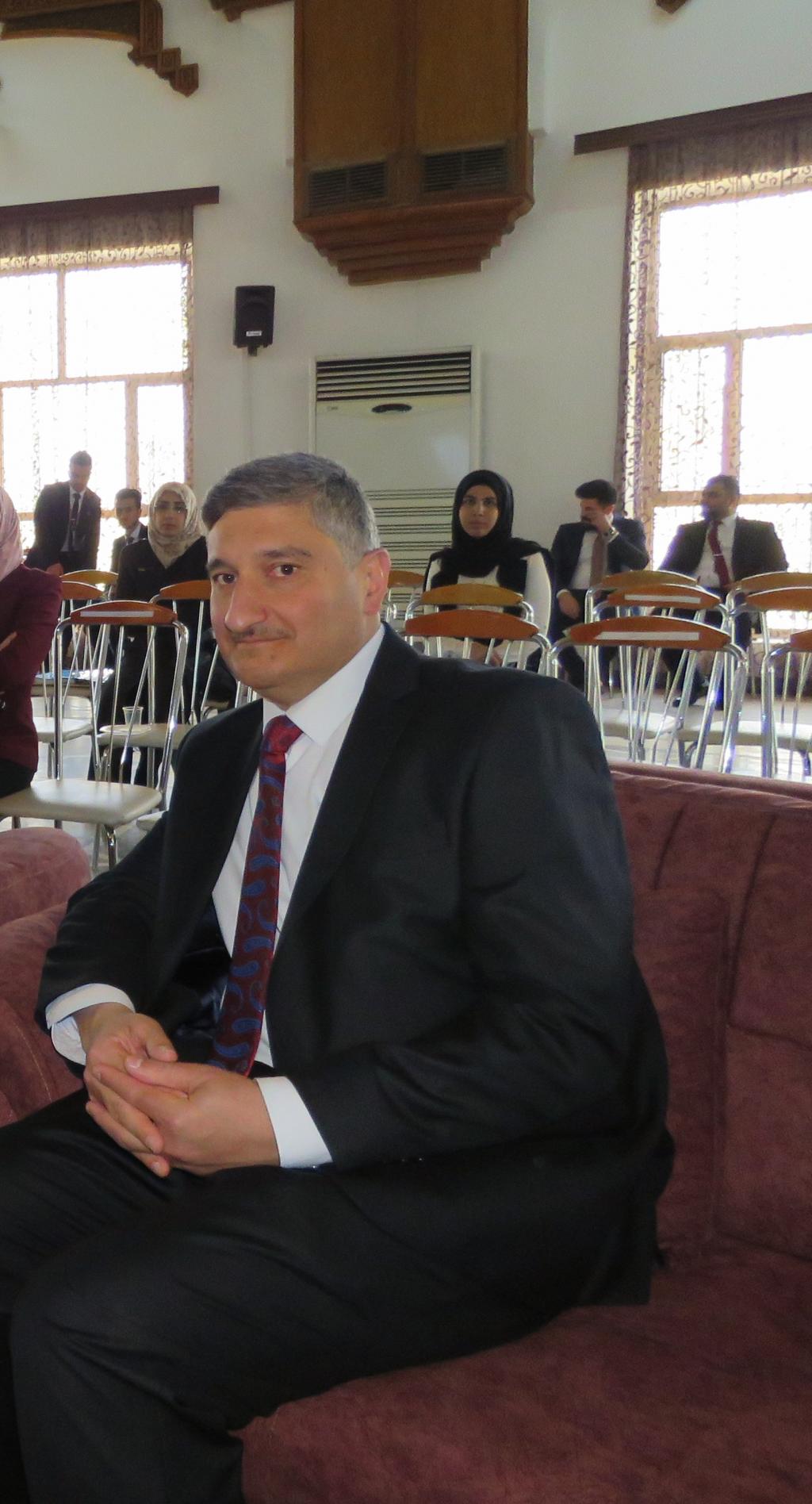Man is an Enemy of what he is Unknowing

The official of the Quality Assurance and Performance Evaluation Division, the College of Medicine, University of Mosul (lecturer in the Dept. of Pharmacology ), Dr Omar M. Yassin Shindalah, published on his Facebook page his article entitled “Man is the enemy of what he does not know,” on June 9, 2020. In his article, he addressed the subject of the electronic exam expected to be held soon at the level of undergraduate and higher studies at University of Mosul (and the College of Medicine in particular). The Dean, Prof Dr Basil M. Natheer Saeed looked at the article and expressed his good guidance by publishing it on the official website of the college to be looked by students and teaching staff (both) for its importance and useful contents together.
Man is an Enemy of what he is Unknowing
((I think it is possible to conduct theoretical exams in a very reasonable way in light of this global pandemic))
Today I wanted to share the results of a simple experiment about the electronic exam so that we can all benefit from the available information. Today, we conducted a sudden electronic exam for students as an attempt to examine the Google classroom platform with a few questions that varies in degree of difficulty. The results were as follows:
First: About 80 percent of the students expressed their satisfaction with the platform in general and a smaller percentage stated that it is somewhat difficult.
Second: The distribution of grades was similar to the normal pattern, with a success ratio of nearly 70 percent despite the fact that the exam was completely surprising and concerned with subjects studied electronically for months.
Third: I noticed that some students who obtained a score of 100 answered within a few minutes after the start of the exam, which proves without any doubt that they answered from their memories and without the assistance of any source.
The details are many, but I am generally very happy with the experience, as the results indicate that e-learning may be better than I expected. I was previously concerned about the usefulness of this new experience.
What can benefit from it:
First: Putting the logo of the university and the college in the exam book has a great positive impact on the student’s psyche, by notifying that he deals with a platform affiliated with the university which is real since the university provided an excellent package of services as a service for use by the teaching staff; a number of students expressed their satisfaction with the exam form.
Second: Use the shuffling feature in general and within a single question to increase the sobriety of the exam.
Third: Taking advantage of the statistics of the results to find out the difficult questions, as the performance of students today was exactly the same as what is expected from difficult and easy questions despite the deliberate decrease in them.
Truly, I was largely unconvinced of e-learning, but with practical experience things do not look bad, but rather the opposite. Of course, this matter is related to the theoretical side, not to the clinical process.
As a personal opinion, after months of e-learning experience, I think that our university has largely succeeded in providing electronic platforms especially with the Google package that was provided before the ban with Google meet services which provides a relatively fast connection and the presence of a large storage space within the Google Drive that has had a significant positive impact.
I think it will be possible to conduct theoretical exams in a very reasonable way in light of this global pandemic

